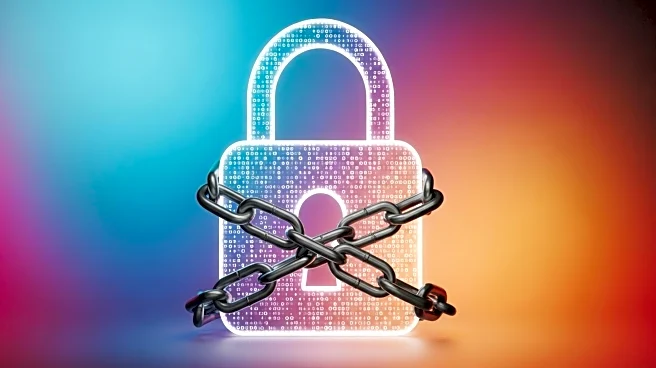What is the story about?
What's Happening?
Australia is set to implement a social media ban for users under 16 by December 10, 2025, requiring platforms to remove accounts of underage users and prevent new registrations. However, a loophole exists as platforms like YouTube and TikTok allow users to access content without logging in, potentially exposing minors to inappropriate content. An experiment showed that without logging in, users could still view content related to gambling, far-right ideologies, and conspiracy theories. The eSafety commissioner emphasized the need for platforms to employ robust measures to prevent exposure to harmful content, but the logged-out state remains a significant challenge.
Why It's Important?
The loophole in Australia's social media ban highlights the complexities of regulating digital platforms and protecting minors online. While the legislation aims to shield young users from harmful content, the ability to access content without logging in undermines these efforts. This situation underscores the need for more comprehensive regulatory frameworks that address both logged-in and logged-out states. The issue also raises questions about the responsibility of social media companies in safeguarding their platforms and the effectiveness of current age verification methods. As digital consumption continues to rise among young people, ensuring their safety online remains a critical concern for policymakers and parents alike.
What's Next?
As the December deadline approaches, social media platforms will need to develop and implement more effective measures to comply with the new regulations. This may involve enhancing age verification processes and adjusting algorithmic recommendations to minimize exposure to inappropriate content. The Australian government and eSafety commissioner will likely monitor compliance closely and consider further regulatory actions if necessary. The situation may also prompt other countries to reevaluate their own digital safety policies for minors, potentially leading to broader international discussions on best practices for online safety.
















